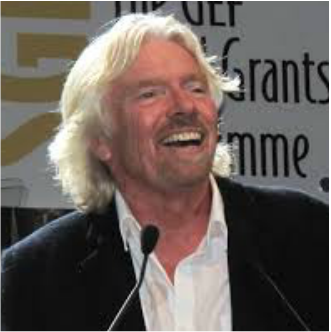 Sir Richard Branson - en.wikipedia.org
Sir Richard Branson - en.wikipedia.org You may think that's crazy and will limit the young person's prospects, but Sir Richard Branson speaks from experience. He dropped out of school and published the youth culture magazine Student at 17.
In later life, he set up Virgin Records before moving into transport, telecommunications and health among many other sectors and whose Virgin Group now boasts more than 100 companies.
He proposes that children should leave school at 16 and go travelling to learn the life skills they need to get on in the world. Learning about things relevant to real life, they would develop knowledge of how retail and business works.
The billionaire entrepreneur said the current system sees youngsters spend too many years at school. He believes university courses could be condensed to implement this.
"I think by the age of 16, for most they should have learnt all the basics that they need to get out into the outside world," he told the Press Association.
"My own feeling is that at age 16, ideally, they should go off and travel for a year, and if they want to go to university they should be able to go to a university course that is not longer than about two years."
He also pointed out that shorter courses would result in lower fees, to stop students being "saddled with tones and tonnes of debt". Source: Press Association.
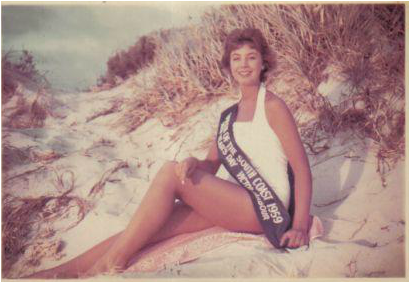
Take me, for instance. Living in Australia in the late 50s, my family moved from Melbourne to Adelaide when I was sixteen. I enrolled in the local high school, but beforehand, the headmaster required an interview. I turned up beautifully dressed. He confronted me with the question of whether I really wanted to learn. I said no, and bowed out of further education. I don't know if my mother approved, but she and grandmother must have accepted my decision.
The first job I found was working as a junior in a city advertising agency, hired by a very understanding boss. I didn't do much but answer the phone and greet clients and must have been a big disappointment to him because I never showed an interest in learning the business. But back then, employers cared about their staff. He found me a job with his doctor friend as a receptionist.
Back in the late 50s, there were few expectations placed on a girl. She would work before marriage and then retire to raise her family. That's what I did, only taking up paid employment when I left Australia for England.
But most of all, I gained experience during my long life, which has given me plenty of material to draw on when writing novels. At the moment, I've working on my early memoirs. I'll be satisfied if I can give an accurate account of the life of a naive young woman from earlier times.
Of one thing I am sure: each individual is unique.
How do you stand on the controversial subject? Should students gain as much knowledge as possible to prime them for employment? Or do you think they could possibly find their own way in today's society?
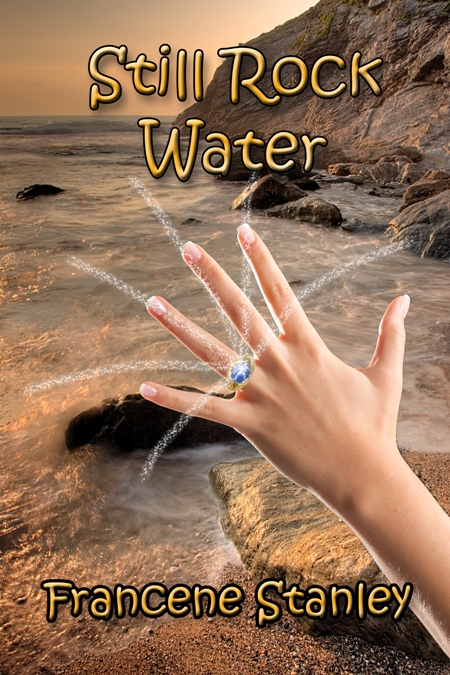
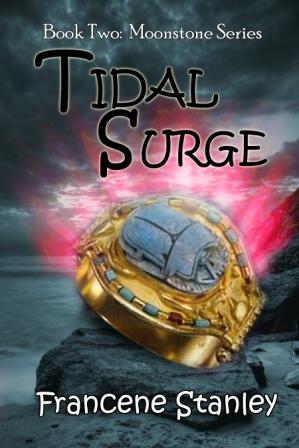
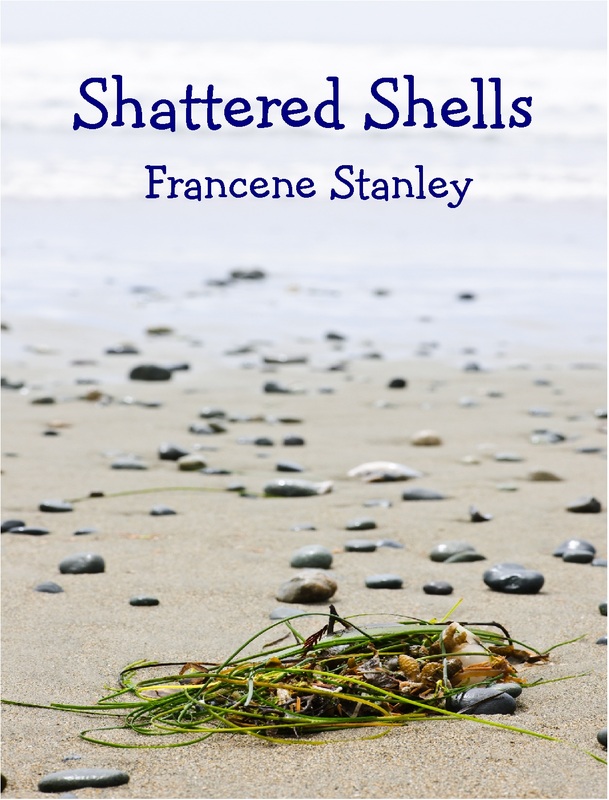

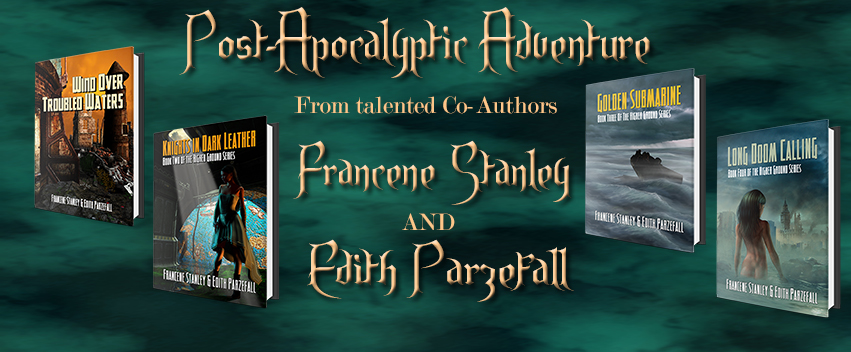
 RSS Feed
RSS Feed
